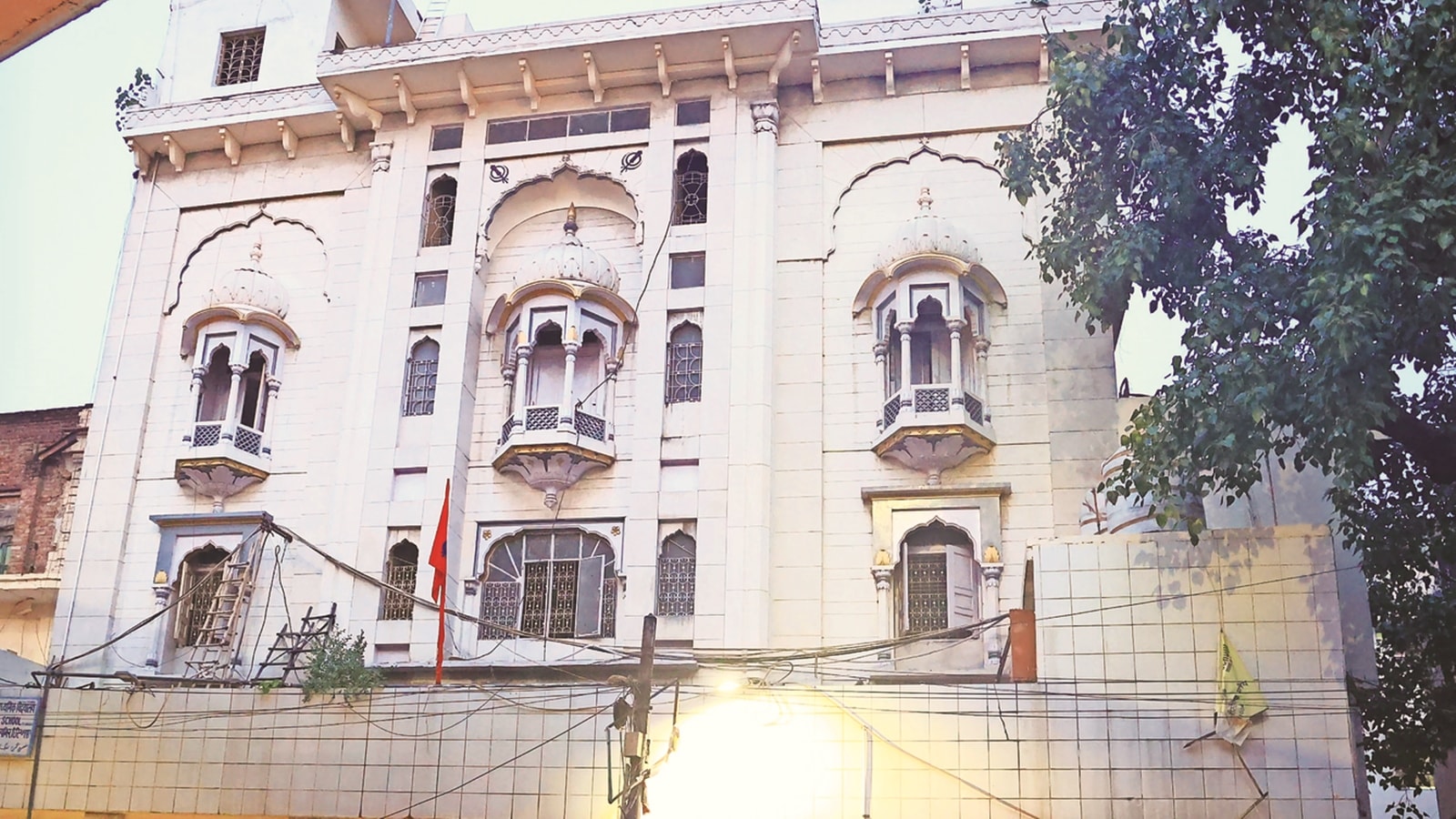 |
|
The article poignantly delves into the haunting echoes of the 1984 anti-Sikh riots, resurfacing in the present day as a Delhi court orders Congress leader Jagdish Tytler to face trial for alleged crimes committed during the violent period. Forty years after the unimaginable bloodshed that swept through Delhi following the assassination of Prime Minister Indira Gandhi, the Azad Market gurdwara in North Delhi stands as a somber testament to the tragedy. This place of worship, once a sanctuary, became a site of brutal violence, where three Sikh men were tragically killed.
The article vividly paints a picture of the gurdwara on that fateful day, recounting the harrowing experience of survivors. Gurbaksh Singh, a witness to the horror, describes how he and his family were confined to their home for days, fearing for their lives amidst the widespread violence and destruction. He shares the chilling memory of hearing about shops being burned and people being subjected to brutal acts of violence. The article underscores the lasting trauma of the events, highlighting the immense pain experienced by survivors and their families.
Beyond the individual accounts, the article reveals the larger context of the 1984 riots. It highlights how the name of Jagdish Tytler has repeatedly emerged in connection with the violence, with eyewitnesses alleging his direct involvement. The court's decision to frame charges against Tytler for murder, abetment, rioting, and promoting enmity is a significant development in seeking justice for the victims. The article emphasizes the importance of this trial in holding those responsible accountable for their actions, even decades later.
The article concludes on a note of somber reflection, highlighting the long shadow cast by the 1984 riots. While the court's decision offers a glimmer of hope for justice, it also underscores the enduring pain and trauma experienced by survivors and their families. The silence within the gurdwara, as described in the article, serves as a powerful reminder of the unhealed wounds of the past and the ongoing struggle for justice and accountability.
Source: At North Delhi gurdwara, memories of anti-Sikh riots 40 years ago resurface
